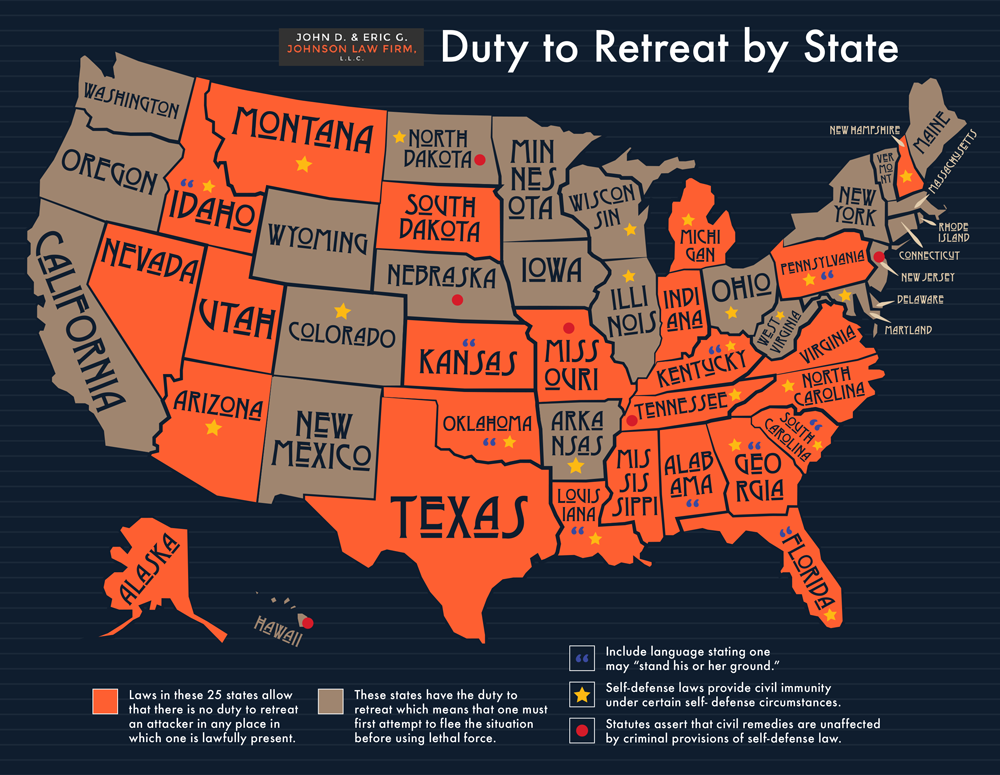Behind The Scenes: Psychology Of White Collar Crook
Behind The Scenes: Psychology Of White Collar Crook
Blog Article
Written By-Herndon Stentoft
Did you understand that behind the sleek façade of white collar offenders lies a complex web of psychological motivations? While lots of might assume that these individuals are driven only by greed, the reality is much more fascinating.
Delving into the minds of white collar criminals reveals an interesting blend of characteristic, societal elements, and hidden wishes that add to their illicit actions. Understanding the psychology behind these criminal activities not just clarifies the motivations behind them, yet also increases extensive concerns concerning our own vulnerability to temptation.
So, what makes these people tick? Join best federal defense attorney as we check out the fascinating world of clerical lawbreakers and uncover the intricate workings of their minds.
Motivations for Clerical Crimes
Clerical wrongdoers are encouraged by different factors that drive them to engage in unlawful activities for personal gain.
One of the key motivations for these individuals is economic greed. They agree to damage the law in order to accumulate riches and preserve a lush lifestyle.
The wish for power and status is one more significant incentive for white collar bad guys. They think that taking part in unlawful tasks will certainly boost their social standing and provide a feeling of dominance and control.
In addition, some clerical bad guys are encouraged by a feeling of entitlement. They believe that they deserve more than what they have actually and agree to go across honest boundaries to accomplish their wanted level of success.
Eventually, these inspirations contribute to the high frequency of clerical crimes in society.
Psychological Traits of White Collar Crooks
As we check out the emotional qualities of individuals involved in white collar criminal activities, it becomes obvious that their inspirations for participating in unlawful tasks are deeply linked with their character qualities and frame of mind.
Clerical offenders frequently exhibit specific psychological qualities that contribute to their participation in illegal or dishonest behavior. One such trait is an enhanced feeling of privilege. These individuals usually think that they are entitled to greater than what they have, leading them to participate in illegal activities to get wealth or standing.
Furthermore, white collar offenders tend to possess a high degree of narcissism. They have an inflated feeling of self-importance, lack empathy for others, and are driven by a need for affection and acknowledgment.
Finally, they commonly display a propensity for risk-taking, as they think they can outsmart the system and prevent discovery.
Recognizing https://www.npr.org/2021/11/12/1055366622/defense-attorney-in-the-trial-over-the-killing-of-ahmaud-arbery-sets-off-outcry can provide valuable insights right into the attitude of white collar crooks and help in the growth of reliable avoidance and treatment methods.
Societal Effect of Clerical Crimes
The impact of clerical criminal activities on society is far-reaching and complex. These crimes have considerable effects that prolong beyond the individuals directly included. Below are 4 methods which clerical criminal offenses impact society:
- ** Economic damages **: White collar criminal activities can result in financial losses for people, companies, and also whole economic climates. These criminal activities can interfere with markets, undermine financier self-confidence, and result in job losses.
- ** Count on disintegration **: White collar crimes deteriorate rely on institutions and people. When people witness upper-level professionals participating in unlawful tasks, it lessens their faith in the system and can result in a general uncertainty towards authority.
- ** Social inequality **: Clerical criminal offenses frequently target vulnerable people or neighborhoods, worsening existing social inequalities. These criminal activities can expand the space between the abundant and the poor and perpetuate systemic injustice.
- ** https://thhcdev.github.io/ryangarryllcattorney/ and governing adjustments **: Clerical crimes trigger the application of stricter regulations and laws. Society frequently responds to these crimes by enacting measures to avoid similar events in the future, ensuring greater accountability and transparency.
The societal impact of white collar criminal activities can not be taken too lightly, as it affects individuals, areas, and the total textile of society.
Verdict
To conclude, the psychology behind clerical crooks exposes a complicated internet of inspirations and characteristics. These individuals are driven by greed, power, and a sense of entitlement, which can have significant consequences for society.
It is very important to remember that not all criminal activities are committed by those we may typically connect with criminal actions. As the stating goes, 'the wolf in sheep's clothing,' advises us to continue to be vigilant and wonder about truth intentions of those around us.
